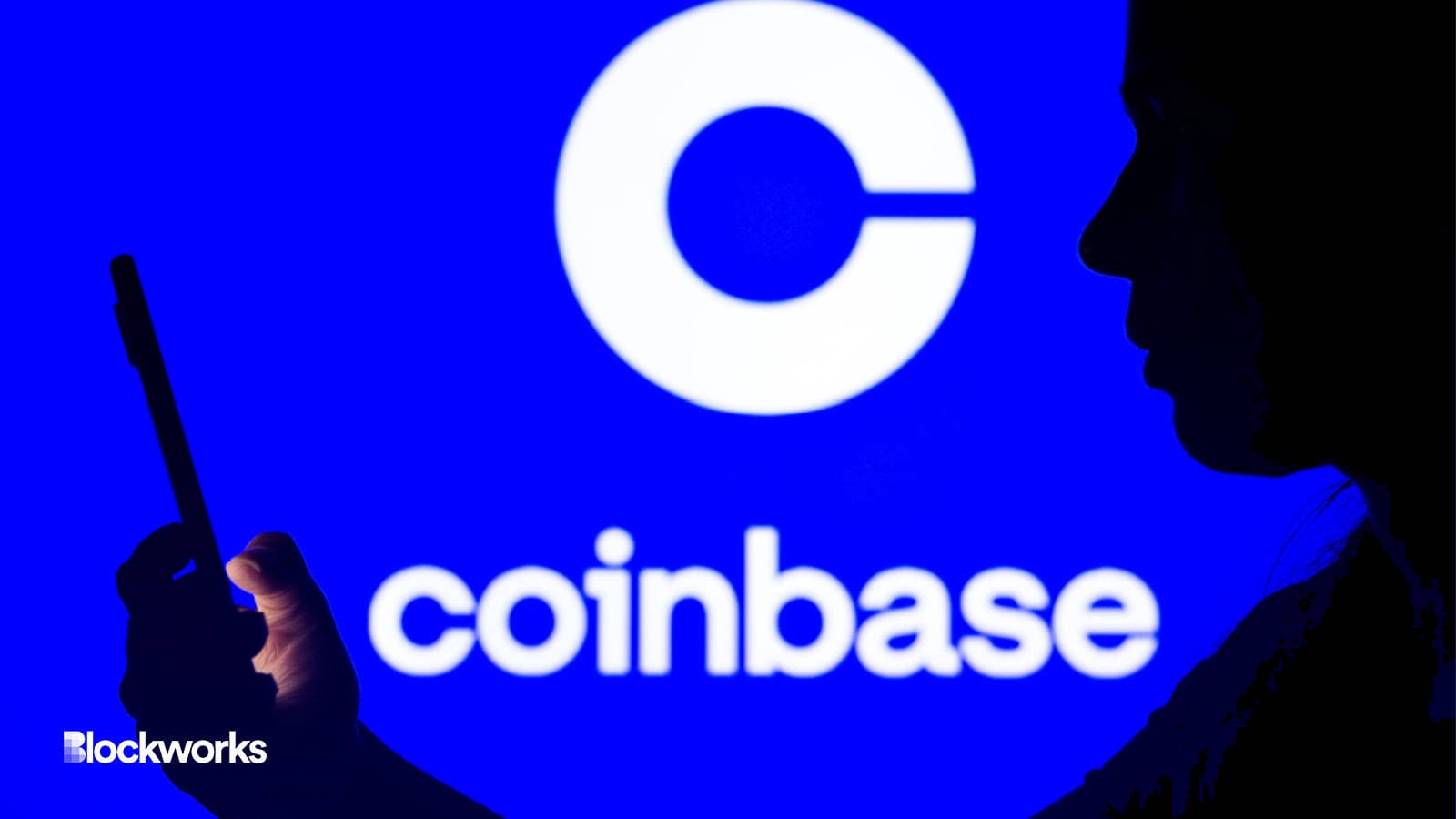Coinbase Fronts Supreme Court Over User Lawsuits in Crypto First
As the SEC barrels down on Coinbase, the top US exchange is in Supreme Court over lawsuits its says should be handled in arbitration

Shutterstock.com/rafapress
In the first crypto-related US Supreme Court appearance, justices appear split over whether to freeze Coinbase customer lawsuits while the exchange awaits appeals decisions.
Coinbase is trying to push two lawsuits into arbitration, seeking Supreme Court intervention after lower courts allowed the cases to proceed.
While Coinbase is separately dealing with a legal threat from the Securities and Exchange Commission over some of its products, the cases before the Supreme Court have more to do with legal procedure than with digital assets themselves.
One was brought forward by a California-based plaintiff who argues a scammer pretending to be a PayPal representative scored remote access to his Coinbase account.
Their digital wallet was said to have been eventually drained of more than $31,000, after which they encountered a “customer-service nightmare.” The victim tried to use Coinbase’s live chat to seek help, but they said they were consistently met with a bot providing futile responses.
The plaintiff later sued Coinbase for violations against the Electronic Funds Transfer Act by not reimbursing him for the loss.
A second case was brought by Coinbase users who claimed the firm violated California’s False Advertising Law by allegedly duping them into a pay-to-play sweepstakes for Dogecoin prizes in 2021.
Coinbase’s user agreement, like some other crypto firms, requires disputes to be resolved by arbitration. Arbitration is primarily a faster and cheaper route than court litigation, which can carry the burden of heavy damages and higher legal fees.
But plaintiffs in both lawsuits bypassed Coinbase’s user agreement and went straight to California courts, which agreed to hear the disputes.
Coinbase immediately requested the court of appeals to block the litigations from moving ahead until a ruling on the matter is finalized.
So, is it right for these cases to proceed before the appellate court’s ruling? Even top court officials aren’t sure.
Coinbase Supreme Court ruling could impact big tech
Six circuit courts maintain that appeals should result in mandatory stays, but three others, including the Ninth US Circuit Court of Appeals, refused requests to put further litigation on hold.
During arguments, justices shared divided opinions over Coinbase’s wrangling. Others showed they were concerned about the consequences of companies looking to arbitrate customer lawsuits, as this technique generally favors the company over users.
Justice Brett Kavanaugh reportedly questioned the downside for Coinbase — and other companies in the same position — if litigation were permitted to continue before a decision on arbitration could be made.
Kavanaugh pointed out that Coinbase could be forced into “massive settlements” without the appellate court deciding on whether arbitration is the “appropriate forum,” Law.com reported.
Justice Ketanji Brown Jackson indicated she didn’t agree with Kavanaugh’s position, saying defendants given the ability to appeal aren’t really forced into settling. “That seems like a pretty significant arrow in their quiver to not settle because they’re about to go to the appeals court, and hopefully the appeals court will move quickly and resolve this in their favor,” she said.
Coinbase’s current situation is notable not only for crypto. The Supreme Court’s decision is relevant to tech companies that also use arbitration agreements when faced with lawsuits (Blockworks has reached out to Coinbase for comment).
Peter Rutledge, dean at the University of Georgia School of Law, reportedly said the court was “closely divided.” He expects most of the justices will eventually be in favor of a default mandatory stay order, which means judicial proceedings could be temporarily stopped.
A trial judge in the Dogecoin sweepstakes lawsuit decided to halt the case until the end of March, after Coinbase moved the Supreme Court to hear the case, Reuters reported.
The Supreme Court is expected to rule by June end.
Get the news in your inbox. Explore Blockworks newsletters:
- The Breakdown: Decoding crypto and the markets. Daily.
- 0xResearch: Alpha in your inbox. Think like an analyst.






